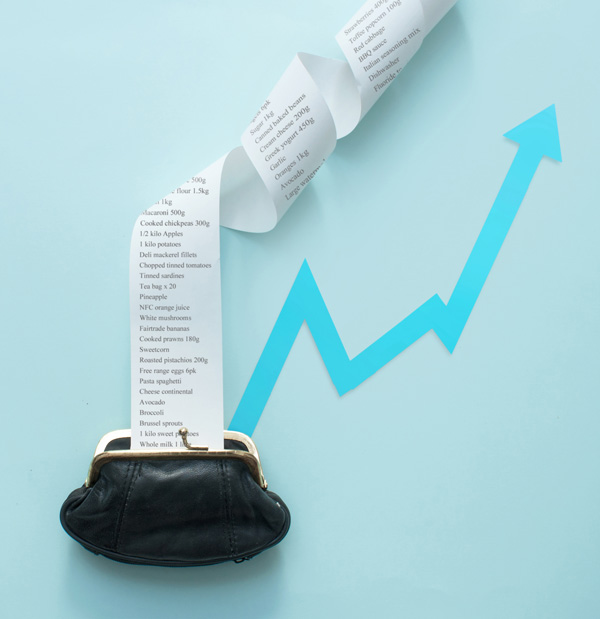
Ready for Hyperinflation?

Inflation is bad enough. But hyperinflation is something else again. It is the ruin of entire nations and cultures. Now at least one credible observer says hyperinflation is on its way.
Time to get ready!
Paul Singer is the founder and president of Elliot Management which the Financial Times calls a “prominent” asset manager. That’s one way to describe it. It is one of the largest asset managers around, responsible for some $56 billion.
In a private letter to their clients, Singer and Elliot Management are warning that the world is “on the path to hyperinflation.” This could lead to “global societal collapse and civil or international strife”.
They are advising clients who have already experienced the stagflation of the 1970s, the dot com and housing bubbles collapse, not to think they have seen everything, but warn of “frightening and seriously negative possibilities” and a “seriously adverse unwind of the everything bubble.”
So, what is hyperinflation? Well, it is just what the name implies. It is a lot of inflation!
People who write and talk about these things try to come up with a fixed inflation rate to qualify as hyper. But those definitions are wholly arbitrary. Measuring inflation is a sketchy challenge anyway, with criteria that are constantly changing. We have consumer price inflation, core inflation, producer price inflation, personal consumption index, and the core personal consumption index. And so it goes.

We think the best way to describe hyperinflation is that it is the point at which the public finally concludes that it isn’t simply a matter of prices going up, but rather that it is the currency itself that is losing value. That’s when the Crack-Up Boom hits.
The Crack-Up Boom is the evocative name offered by the late economist Ludwig von Mises for that moment:
If once public opinion is convinced that the increase in the quantity of money will continue and never come to an end, and that consequently the prices of all commodities and services will not cease to rise, everybody becomes eager to buy as much as possible and to restrict his cash holding to a minimum size. For under these circumstances the regular costs incurred by holding cash are increased by the losses caused by the progressive fall in purchasing power. The advantages of holding cash must be paid for by sacrifices which are deemed unreasonably burdensome. This phenomenon was, in the great European inflations of the ‘twenties, called flight into real goods or crack-up boom.
You don’t want to be holding dollars when the Crack-Up Boom hits. You want to own gold and silver.
Singer and the firm are explicit that their warning is for “a set of outcomes that would be at or beyond the boundaries of the entire post-WWII period.” To blame for the state of affairs, says the client advisory, are policymakers who have been “dishonest” about the real cause behind rising inflation, and of not taken responsibility for the part central banks played in creating it.
We would not have said it much differently. For more information, speak with a Republic Monetary Exchange gold and silver professional today. You don’t want to be holding dollars when the crack-up boom arrives.
